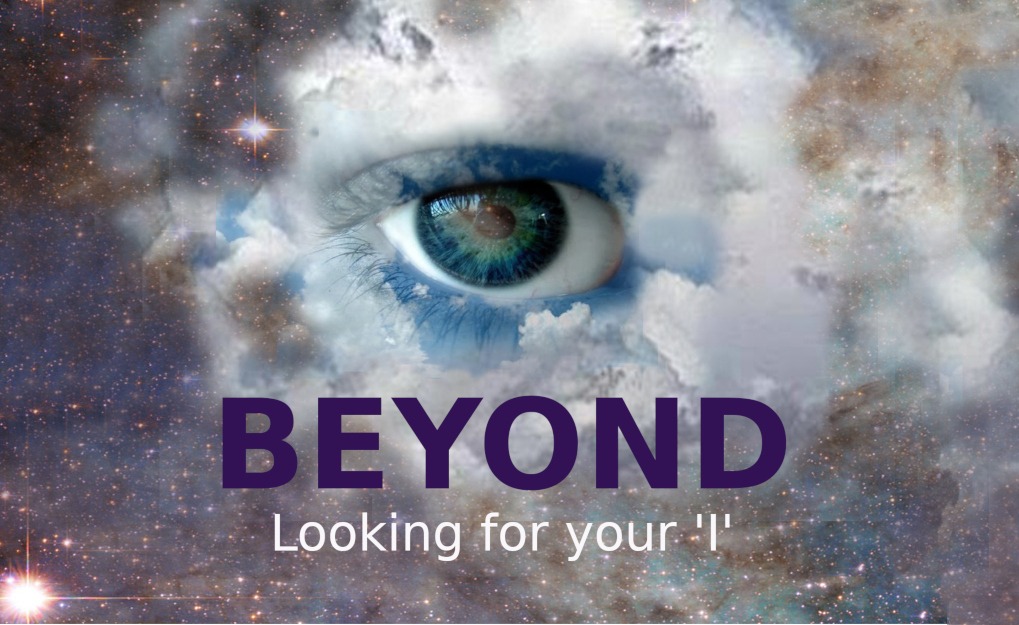The illusion of self.


It is a fact that primitive people up until the Greek and Roman times had a 'communal mind' where the 'individual' meant that a person is 'indivisable' from the group in customs, thoughts and status. In the Greek and Roman times only politicians, philosophers, and priests had the privilege to break away from the communal mind. The meaning changed from 'to be indivisable' to the meaning of 'being divided' from the communal mind. The first signs that the man in the street started to become an 'individual' was 2000 years ago when it was stressed that your life on earth will lead to the place you will land up when you die. But for the rest man stayed within the communal mind until the 15th century with the industrial revolution when people were trained to do specific jobs and to read and write.
With the attainment of individuality and developing of rationality it became evident that people differ from each other and that gave rise to the concept of a self. The self is that part in man that are aware of himself, the experience of himself and that records in memory the changes that happen in him over time. This lead to a self concerpt. Interacting with society, his instincts and his morality is the basis of the development of an ego within his self. The persona is how other people see the person or the roles the person plays amongst them. The identity is the role that is ascribed by society and it is always linked to characteristics like age, peers, behaviour, responsibilities and expectations.
Heidegger discusses in his book ‘Sein und Zeit’ the concept of ‘Sein’ or ‘Being’. Being forms the essence of something and everybody knows what it is, but nobody can describe it. We all know a mother when we see her. Although the Indian mother is completely different from the African mother we can still see that both are mothers. The essence of a mother cannot be explicated despite the fact that everybody know that it is a mother. The same goes for the self.
Immanuel Kant regards the Self as something real but it is not something that is a thing in itself or even an appearance of something. To him the Self is outside time and space and therefore belongs to ‘intuition’. In other words one can have an intuition of your Self, but cannot put it to words. The moment you put it to words you fix it in time and space and then it is an identity. The Self is an intuition that cannot be explicated.
Jung was known for his archetypal psychology. ‘Arché’ (source, origin, from the beginning or, in other words, without time and space) and ‘typos‘ (an original pattern, model, or mould in Hellenistic Greek) means the original form. To him the Self was one of the four major archetypes. He regarded the ego as the centre of consciousness whereas the Self was the centre of the total personality (consciousness, unconsciousness as well as the ego). The Self therefore was an archetype that was unconscious. That means that we will never know our Self. It will remain a part of the Beyond but forms the mould from which our individuality and ego sprouts. So, again the Self is an archetype that cannot be explicated.
This reminds of Plato’s notion of ‘form’. To him forms are the non-physical essences of all things, objects and even ideas for example about the the Self. These things are imitations in the physical, rational world of the original form. We can never know these forms but we can gain knowledge of them by exploring the imitations although the imitations are constantly changing. The constant transformation is because they manifest in time and space. Forms are timeless and without space or substance. The Self is in other words a form that is also immortal and Plato calls it therefore the ‘Soul’ of man. It manifest in the rational (head), the spiritual (heart) and appetital (abdominal) part of man. So, again the Self is a form that cannot be explicated.
This corresponds to Jung's idea of the self that changes into a Self through the process of individuation. In Plato's framework that is the process of adding content to the form. But even in the deepest levels of individuation we will never be able to know our Self as it belongs to the Beyond. Our individuality is therefore an illusion of time and space, culture and morality, instinct and destiny.
'Know thy self' is therefore more of an approach to life than an attainable goal.